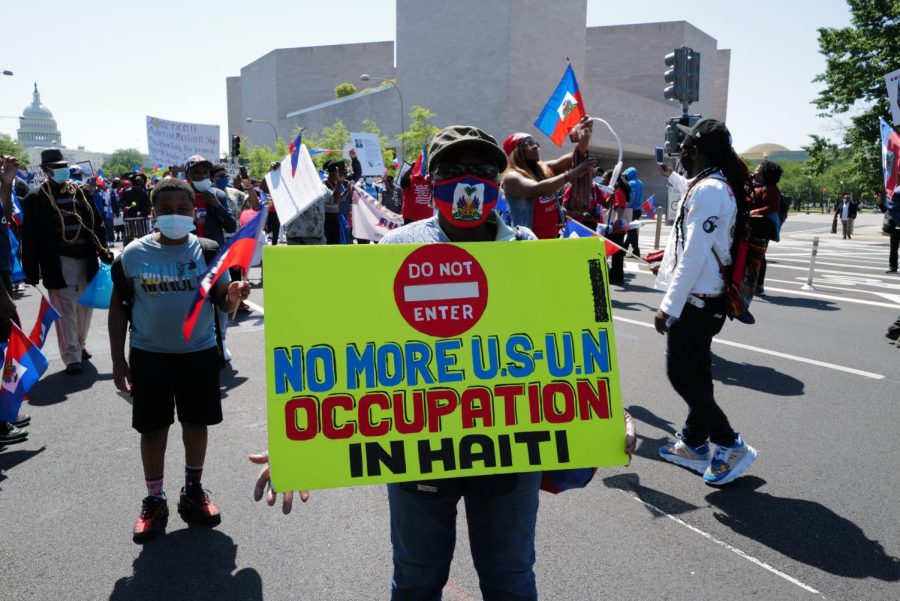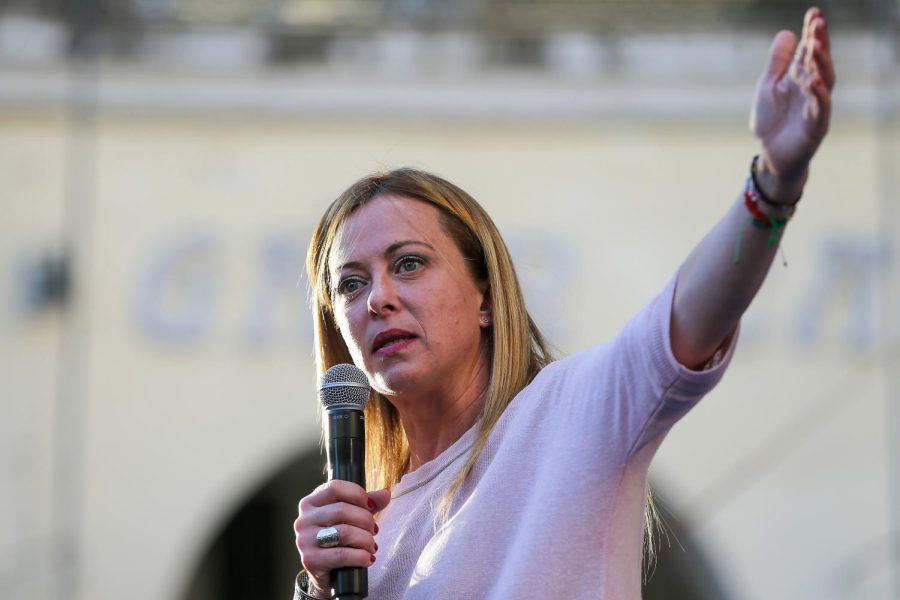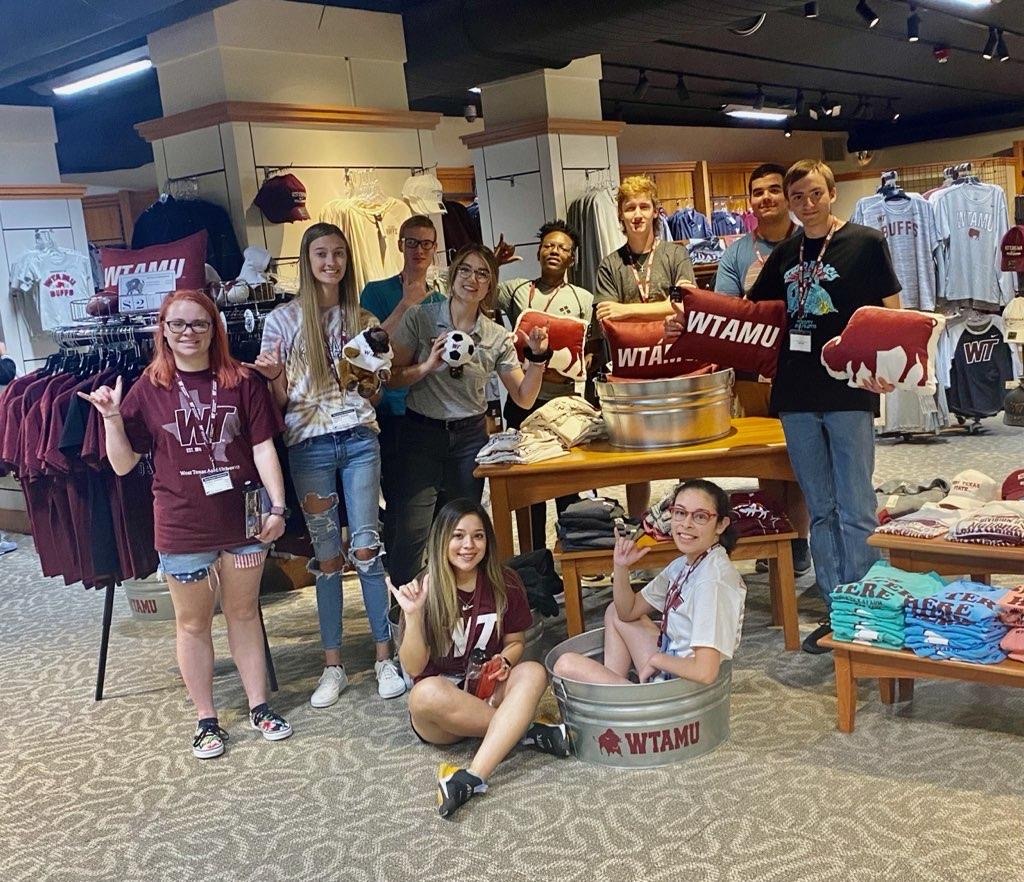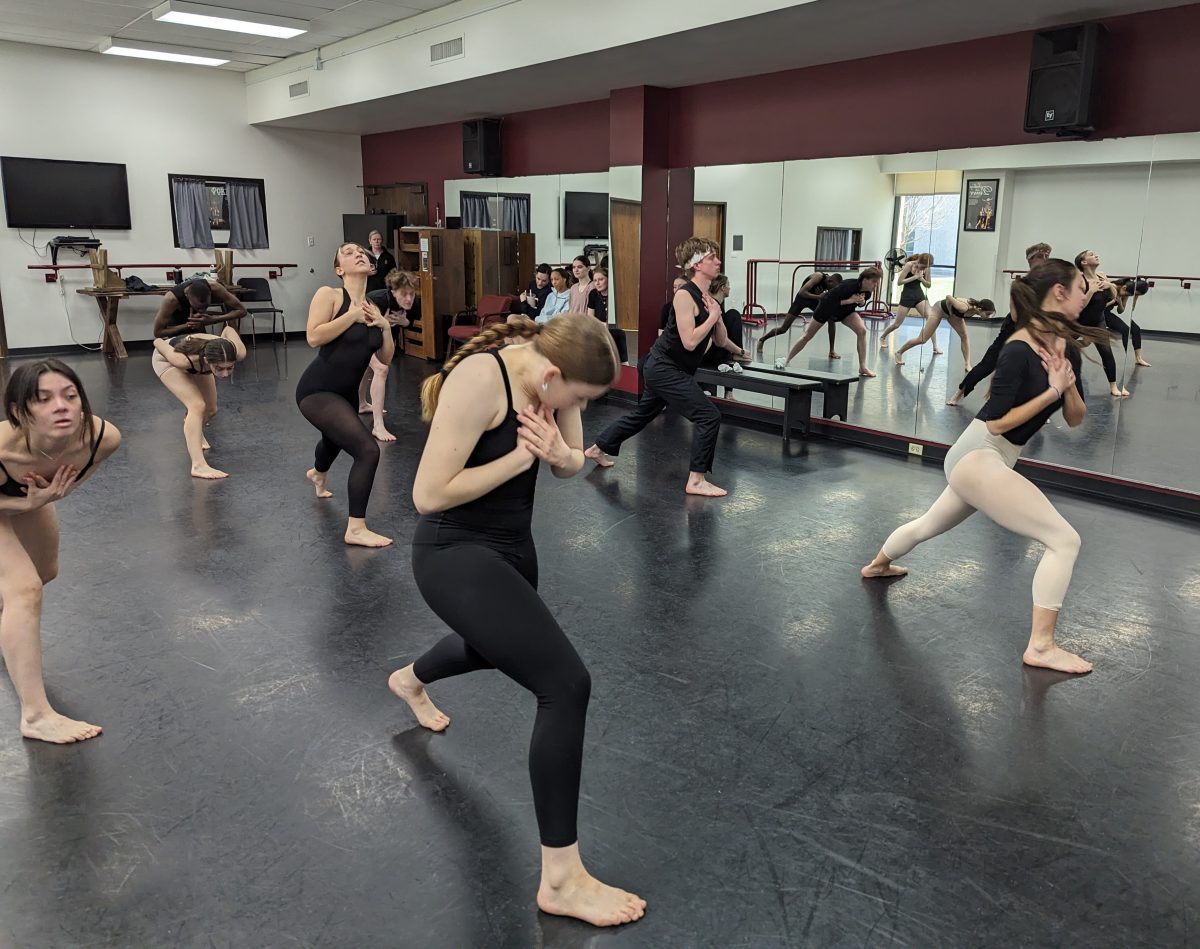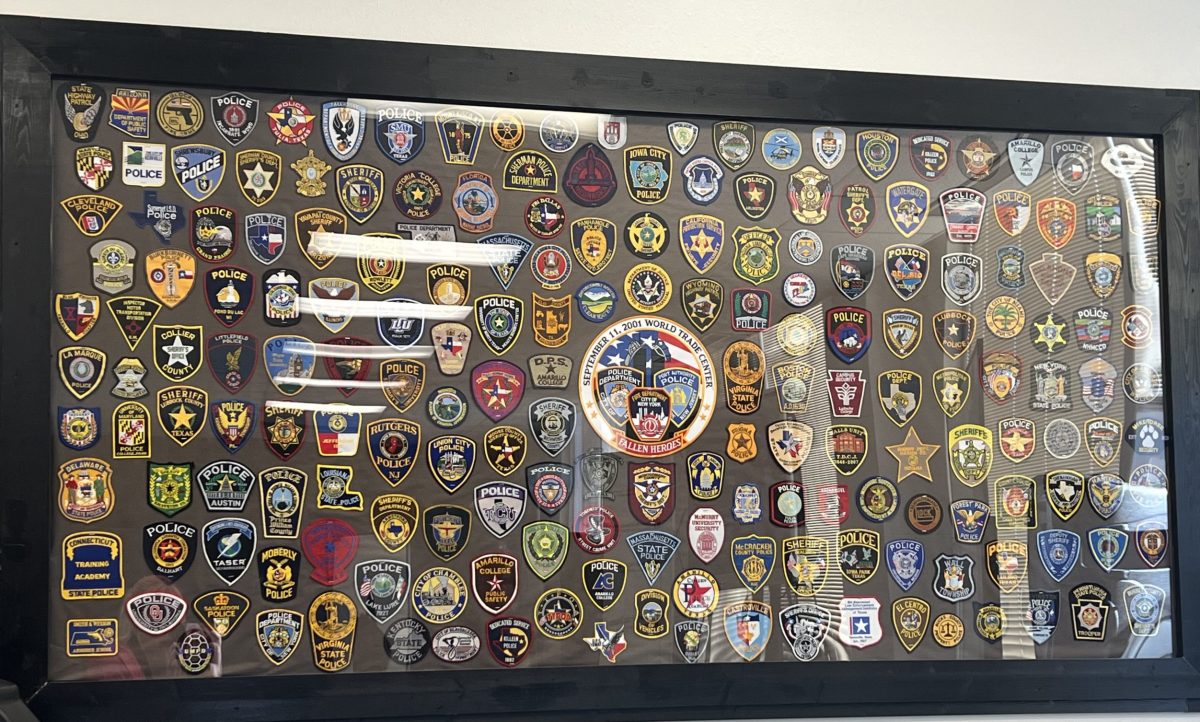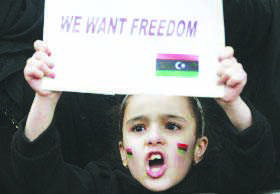
The biggest protest to hit the news since Egypt removed President Mubarak, has been Libya, where all non-essential Americans were asked to leave the country by the United States Government, on Feb. 23, because of the violence happening in the country.
Libyan President, Moammar Gaddafi urged his followers to fight the uprising, vowing a fight to the death against protesters on Feb. 22. Other countries have condemned Gaddafi’s actions and President Barack Obama addressed the issue at a White House press conference on Feb. 23 where he said the violence and bloodshed is unacceptable.
The unrest in the Middle East by multiple countries, especially Libya, has worried some people because the actions taken by these countries could lead to unrest in other parts of the world.
“There are likely to be more mass protests in Middle Eastern countries,” Dr. Dave Rausch said. “I’m a bit surprised that we have not heard much from Syria. I’m also surprised by protests in reasonably calm countries like Bahrain.”
Surprisingly, social networking sites such as Facebook and Twitter have played major roles in both organizing the protests and getting up to the second news out of the country. The new use of these sites has shown how far media has come over the last few years.
“The good thing is that these protesters are able to quickly communicate, however it could possibly be a risk for Facebook and Twitter if the governments wants to retaliate towards the companies,” junior Environmental Science major Morgen Ayers said.
While Dr. Rausch isn’t surprised about the social networks being used to organize the protests because some form of media has always been used to plan revolts and protests, he is surprised that governments haven’t latched onto the same idea to get their message out.
“I don’t know if that is a function of the age of the officials or plausibility,” He said. “I just can’t see Colonel Gaddafi on Facebook or Tweeting.”
As changes are made in the Middle East, other countries watch with interest to see what will happen next. It is not yet known who will take over as new governments form, but they are sure to have the world watching every move that is made the moment leadership is obtained.



